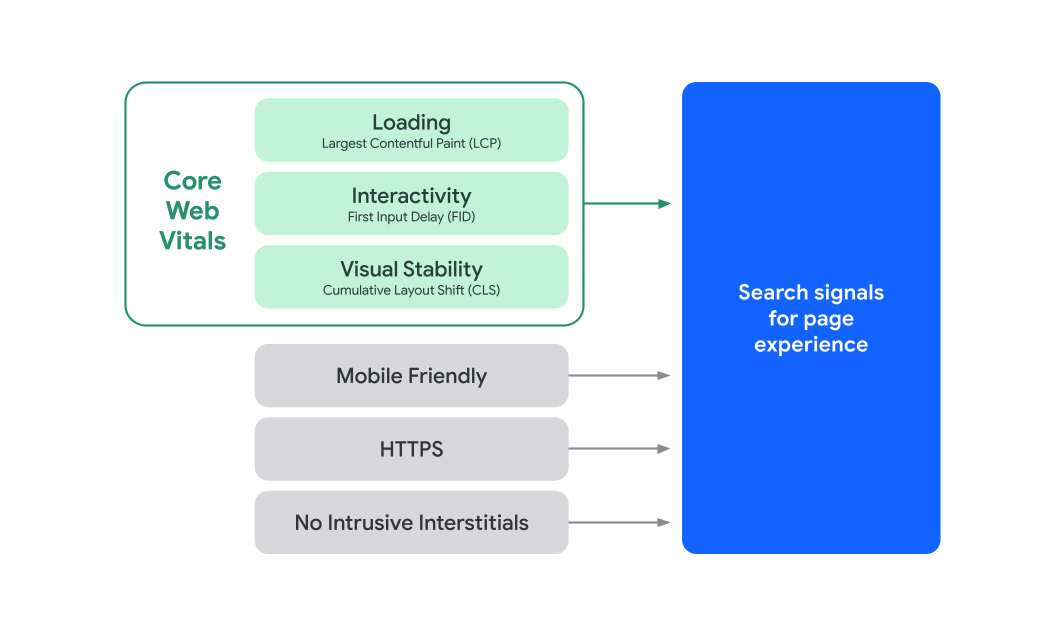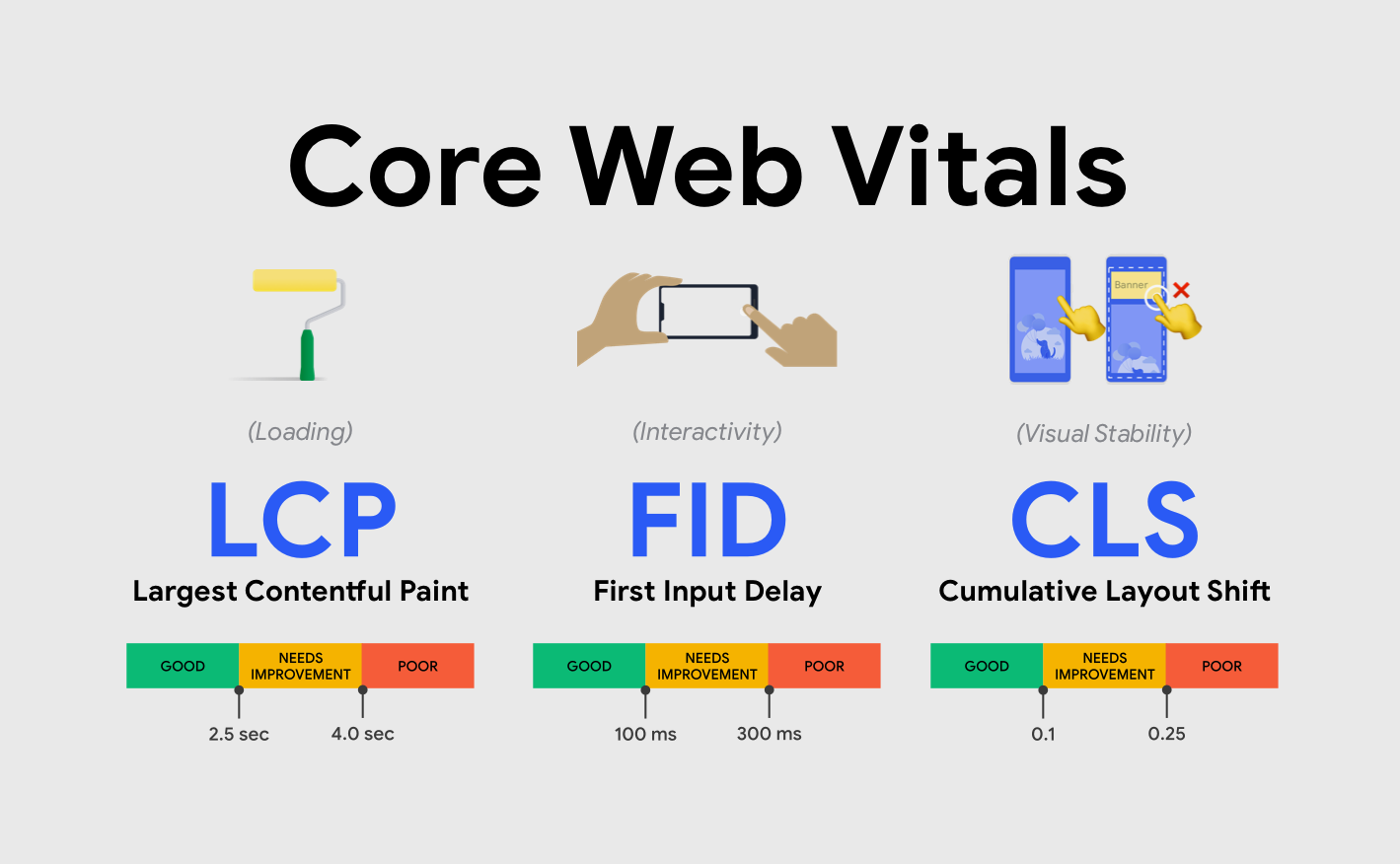Google Page Experience is a collection of factors that Google considers important in a webpage's overall user experience. It plays an essential role in determining where your page will rank in search results.
The purpose of this guide is to break down Google Page Experience and provide a clear understanding of how you can optimize your website to deliver the best user experience.
Understanding Google Page Experience

Google Page Experience is a set of metrics that measure how users perceive the experience of interacting with a web page beyond its pure information value.
It includes factors like load time (Largest Contentful Paint), interactivity (First Input Delay), visual stability (Cumulative Layout Shift), mobile friendliness, safe browsing, HTTPS security, and no intrusive interstitials.
Core Web Vitals
Core Web Vitals are a subset of factors that contribute to page experience and are considered crucial by Google. These consist of three specific measurements: Largest Contentful Paint (LCP), First Input Delay (FID), and Cumulative Layout Shift (CLS).

Largest Contentful Paint (LCP)
LCP measures loading performance. To provide a good user experience, LCP should occur within 2.5 seconds of when the page first starts loading.
First Input Delay (FID)
FID measures interactivity. To provide a good user experience, pages should have a FID of less than 100 milliseconds.
Cumulative Layout Shift (CLS)
CLS measures visual stability. To provide a good user experience, pages should maintain a CLS of less than 0.1.
Other Page Experience Signals
In addition to the Core Web Vitals, Google also considers other signals to determine the page experience. These include:
Mobile Friendliness
With the increasing usage of mobile devices, it's essential that your site is mobile-friendly. Google considers this as a part of the page experience.
Safe Browsing
Google wants to ensure that users are safe while browsing. Websites should not contain deceptive content or malicious software.
HTTPS Security
HTTPS helps keep user data secure from hackers. Securely-served sites may be prioritized in Google's search results.
No Intrusive Interstitials
Google penalizes sites that use intrusive interstitials. This means that your content should be easily accessible and not hidden by pop-ups or other types of interstitials.
Conclusion
Google Page Experience plays a significant role in how your website ranks in Google's search results. By focusing on these factors, you can create a site that not only offers valuable content but also provides a superior user experience. Optimizing your website for Google Page Experience can result in increased organic traffic, improved user engagement, and higher conversions.

